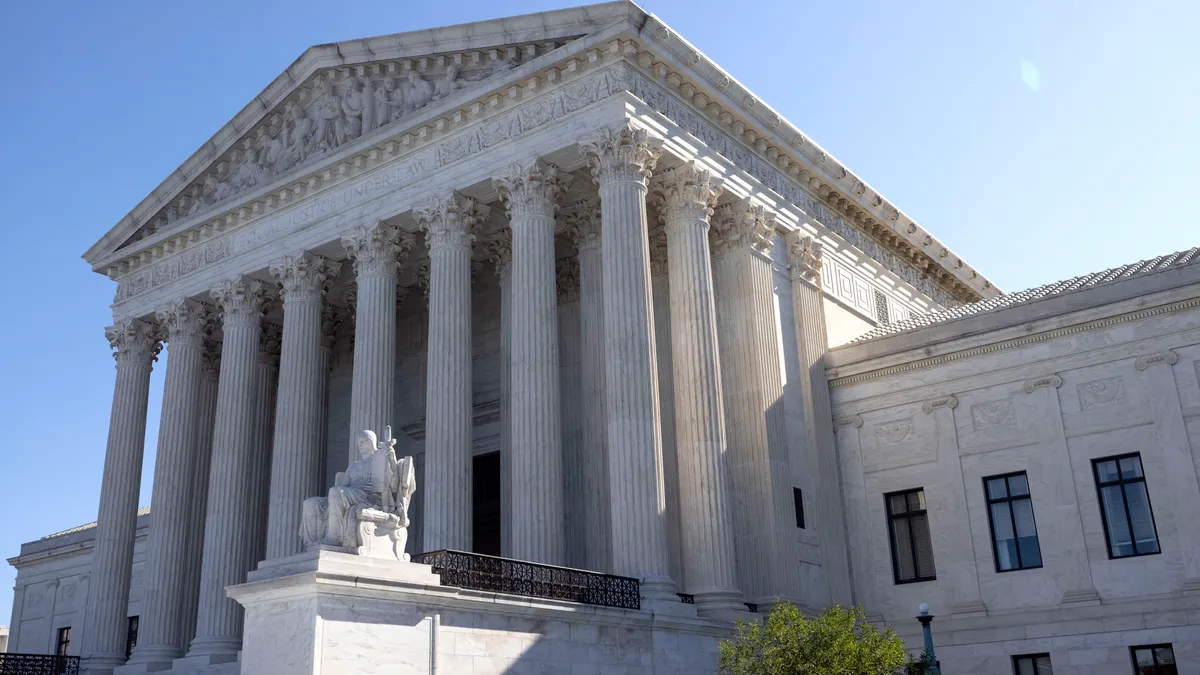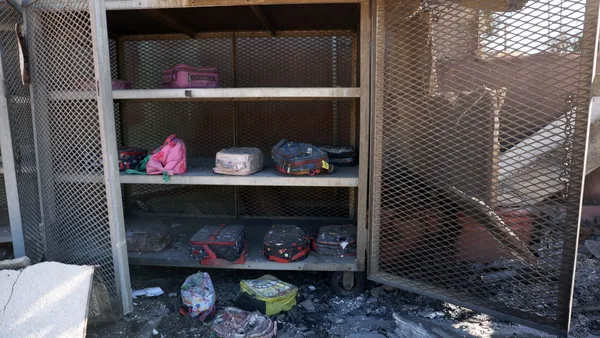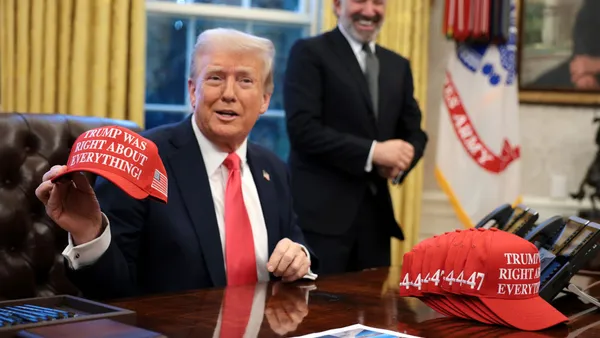A pair of cases could set nationwide policy on transgender athletic participation in public schools and colleges in the next U.S. Supreme Court term, settling a policy pingpong that has persisted over the course of the last three presidential administrations.
The high court last week accepted petitions from West Virginia and Idaho which could, together, answer whether laws preventing transgender athletes from participating on teams aligning with their gender identities violate Title IX and the 14th Amendment's equal protection clause, and whether laws preventing transgender female athletes specifically violate the 14th Amendment's equal protection clause.
"Schools have long separated sports into boys' and girls' teams," said West Virginia in its petition for the case West Virginia v. B.P.J. "More recently, though, the lines have begun to blur."
Since 2020, 27 states have banned transgender youth from playing on school sports teams aligning with their gender identities, according to the American Civil Liberties Union. Idaho was the first state to enact such a ban.
The issue of transgender students competing on girls’ and women’s sports teams specifically has taken center stage under the second Trump administration, with President Donald Trump issuing an executive order banning transgender students from playing on women’s and girls' sports teams in February. Since then, the administration has made it a priority to accost states and colleges that allow transgender students on teams aligning with their gender identity. The federal government has targeted such institutions with Title IX investigations and threatened to withhold federal funding if they don't fall in line with the order.
It's also an issue that many Title IX experts and civil rights advocates have expected to be taken up by the Supreme Court in recent years, especially after the case Bostock v. Clayton County left open the question of whether Title IX protects LGBTQ+ students.
"This has been building for a number of years," said Michael Rebell, education law professor at Columbia University's Teachers College. "So they've plunged into the water, so to speak."
It's a case districts should be watching closely, say Title IX experts.
"They've taken a broad enough set of cases that they could issue a very broad ruling," said Brett Sokolow, president of the Association of Title IX Administrators, which trains school districts on Title IX policies. "So if they issue a much narrower ruling, it's going to be frustrating to a lot of folks who need some definitive clarity."
The justices could go in a number of directions in their ruling, including deciding how transgender students' involvement on sports teams aligning with their gender identity interacts with Title IX, the Constitution or both.
"In any event, for the near future, either ruling by the Supreme Court — either constitutional or statutory — would be uniform," said Rebell. "It would apply to every state. It would apply to every school."
That's different from policies in schools in the past few years, which have been in flux as Democrats and Republicans have swapped control of the White House. In 2020, for example, U.S. Secretary of Education Betsy DeVos unofficially used a Title IX civil rights case to quietly set policy in the wake of the Supreme Court's Bostock decision in a way that would bar transgender athletes from sports teams aligning with their gender identities.
Then, under the Biden administration, U.S. Secretary of Education Miguel Cardona tried to push a rule through that would have prevented blanket bans of transgender athletes, instead creating a framework for when transgender student athletes would be allowed on sports teams aligning with their gender identities.
That rule was never finalized, but many schools had begun to prepare to implement it by the time Trump issued his executive order overturning the proposed rule by preventing transgender students on women's and girls' teams entirely.
"Right now, we don't know what Title IX is supposed to cover," said Sokolow. "The Supreme Court needs to resolve those questions, and I assume they've taken cert on these two [cases] to do exactly that."
The court agreed to hear the case just after it ruled in favor of Tennessee’s ban on the use of puberty blockers and hormone therapy for transgender minors in United States v. Skrmetti, and after it ruled in favor of parents' rights to opt their children out of LGBTQ+ curricular material in Mahmoud v. Taylor.











